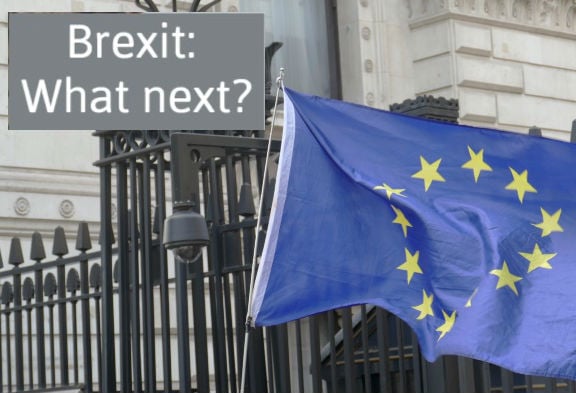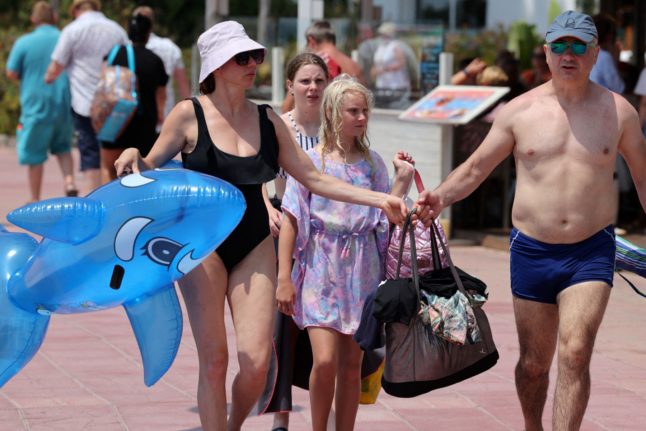In a statement sent to The Local Spain, the British Consul explains how the Withdrawal Agreement will come into play after Brexit and assure Brits who live here the same rights as the enjoyed before the UK's departure from the European Union, at least for the Transition Period.
“The Withdrawal Agreement which sets out how the UK leaves the EU has now passed into UK law, which, once the European Parliament has ratified it this week, means that the UK is leaving the EU with a deal on January 31st,” reads the statement from the British Embassy in Madrid.
“This is very positive news for UK nationals who are resident in Spain, as the Withdrawal Agreement contains some really important protections for your rights,” it continues.
The statement outlines four important guarantees for Brits in Spain.
- You will be able to continue to live and work in Spain
- UK state pensioners will continue to have lifelong healthcare as long as they remain living in Spain. This also applies to residents who claim a UK state pension in the future
- Your UK state pension will continue to be uprated
- You will be able to exchange your driving licence until the end of 2020 without taking a driving test and your Spanish licence will be accepted in the UK when you visit. (This point goes some way to clear up earlier confusion about the driving licence exchange process).
Those rights will be protected for as long as you live in Spain, provided you are legally resident here by the end of 2020.
The Withdrawal Agreement also provides an Transition Period (from 31 January until 31 December) during which time nothing will change for UK Nationals in Spain.

Sarah-Jane Morris (pictured above) said: “The approval of the Withdrawal Agreement is a very important step for UK nationals living here. It provides reassurance on key rights, such as being able to continue to live and work here, and for pensioners to have lifelong healthcare and uprated pensions. Alongside those rights, you have obligations – the main one being to make sure you are registered with a green residency certificate. This remains a valid document after January 31st and we will communicate any details on future residency processes once we have them. For further information visit the Living in Spain Guide”.
The British Ambassador has also outlined exactly what the Withdrawal Agreement means for those Brits already resident in Spain, or those considering moving over before the end of the transition period.
Once again he emphasized the need for all Brits living hear to make sure they are legally registered as residents.
If you still have questions concering Brexit, you can join a Facebook Live Q&A with Ambassador Hugh Elliott and Regional Consular Policy Adviser Lorna Geddie on Friday 31 January at midday (CET) by watching HERE
READ MORE:



 Please whitelist us to continue reading.
Please whitelist us to continue reading.
Member comments